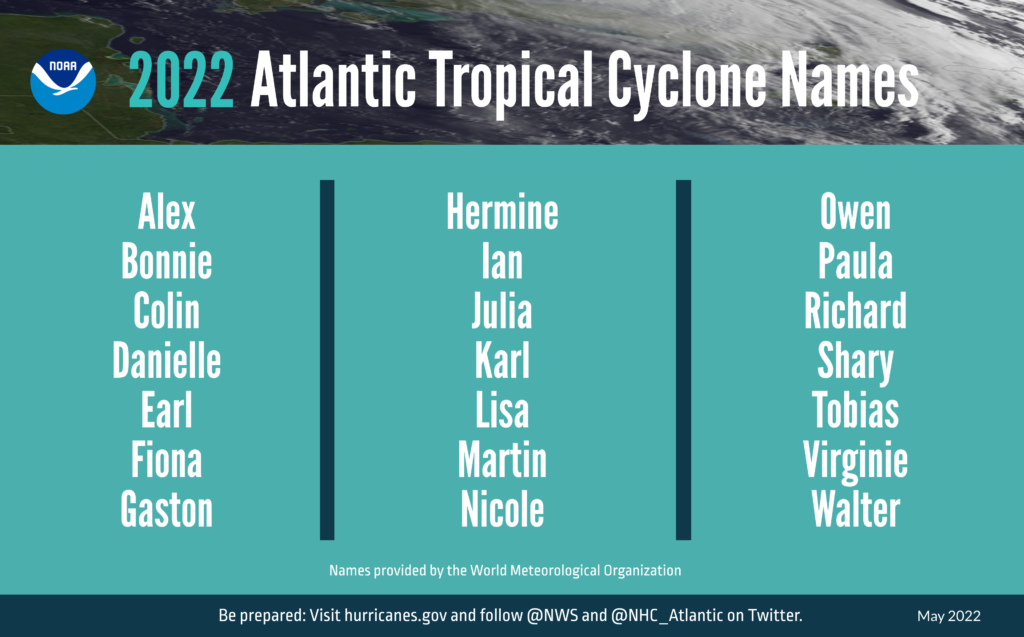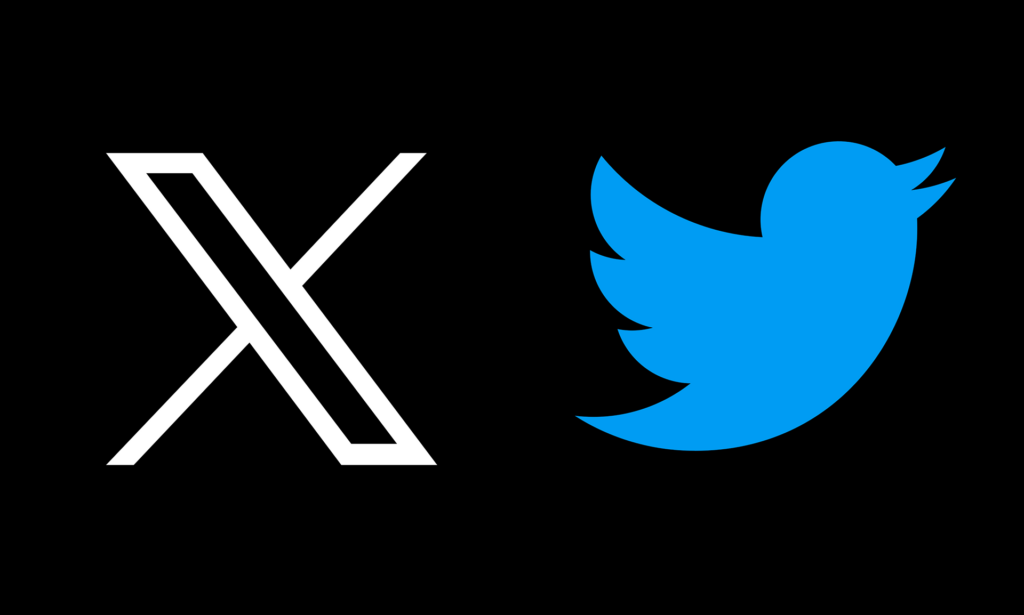2 Min Read
A Hurricane by Any Other Name
No one names their baby after a hurricane.
After the tragic devastation caused by Hurricane Ian this weekend, it’s likely that fewer parents will choose that name for babies born in the next few years.
Names starting with I, however, will likely see an uptick in popularity.
It’s common with hurricanes. In 2005, the Katrina saw a 96% drop in baby names following the storm. Names starting with K, however, increased by 9% in that same time period.
The reason why has to do with a psychological phenomenon known as mere-exposure effect.
The mere-exposure effect states that people tend to develop a preference for things merely because they are familiar with them.
For communications pros, it’s a good thing to keep in mind. Most of the time, there’s no such thing as too much exposure.

The Story of a Hurricane
Storms have been given names for centuries. But it wasn’t until the 1950s that meteorologists started using names as strategic communications tools. When multiple storms were set to hit different parts of the country at the same time, short, distinctive names helped eliminate confusion and streamline communications.
The names function as branding for the storms that lasts beyond the final surges. Notable hurricane names are retired, and public officials reference past hurricanes to convey the severity of upcoming storms.
Tragically, traditional gender stereotypes extend to storms. A 2014 Princeton University study found that “feminine-named hurricanes cause significantly more deaths, apparently because they lead to lower perceived risk and consequently less preparedness” than masculine-named storms.
Marketers know that naming something helps solidify its brand, and the characteristics of that name impact how it’s perceived.
As extreme weather events have increased, it’s not just hurricanes that are being christened with names. This summer, officials in Seville, Spain, launched a program to name heat waves in an effort to raise public awareness.
Taking a page from corporate America’s playbook, cities in the U.S. have started appointing “Chief Heat Officers” to spearhead prevention measures.

